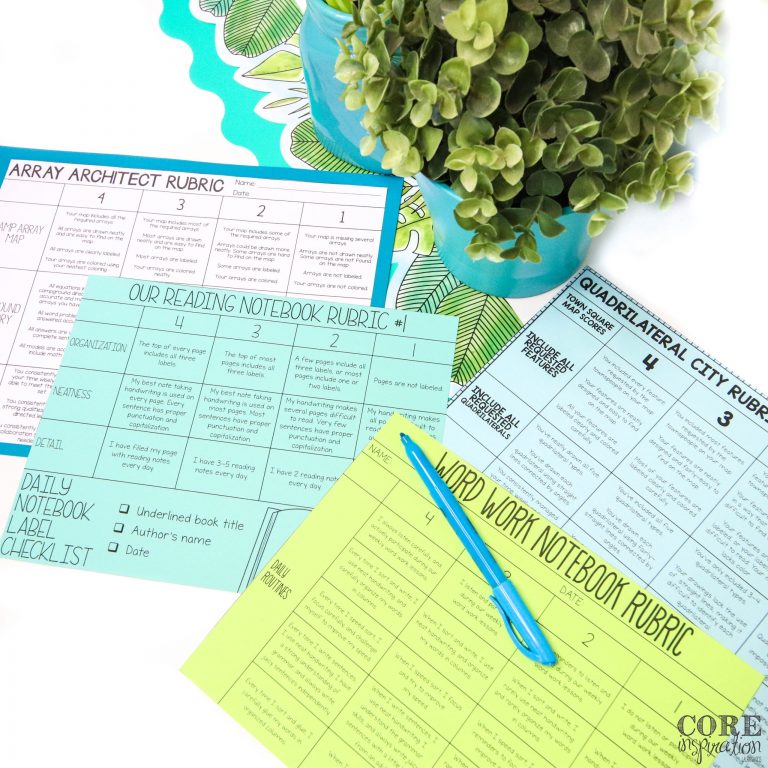
How to Use Rubrics to Help Students Set Learning Goals, Boost Engagement, and Improve Work Quality
Learn how to use rubrics to help students set goals that lead to high-quality work and keep them engaged so they can make meaningful growth.

Learn how to use rubrics to help students set goals that lead to high-quality work and keep them engaged so they can make meaningful growth.
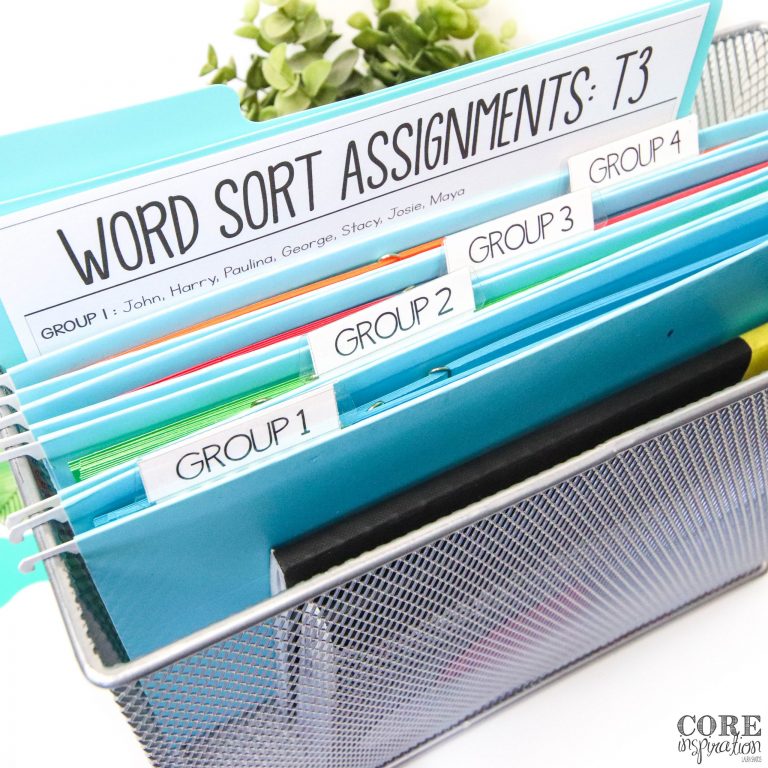
When Words Their Way is first introduced to you, it can feel a bit overwhelming. Wrapping your head around how to best organize and prep all the differentiated word sorts students will be working on from week to week takes a bit of trial and error. In hopes of saving you a bit of time, here is a breakdown of exactly how I organize and prep word work. Using this system has made word study one of the easiest things to differentiate each day in my classroom. Creating Differentiated Groups Based on Assessment Data After giving the Johnston’s spelling assessment to my students, I use the Words Their Way Spelling Inventory Feature Guide to record any errors they’ve made on the assessment. You can find these feature guides in Appendix A of the Words Their Way overview book. I use the same feature guide for each student the whole school
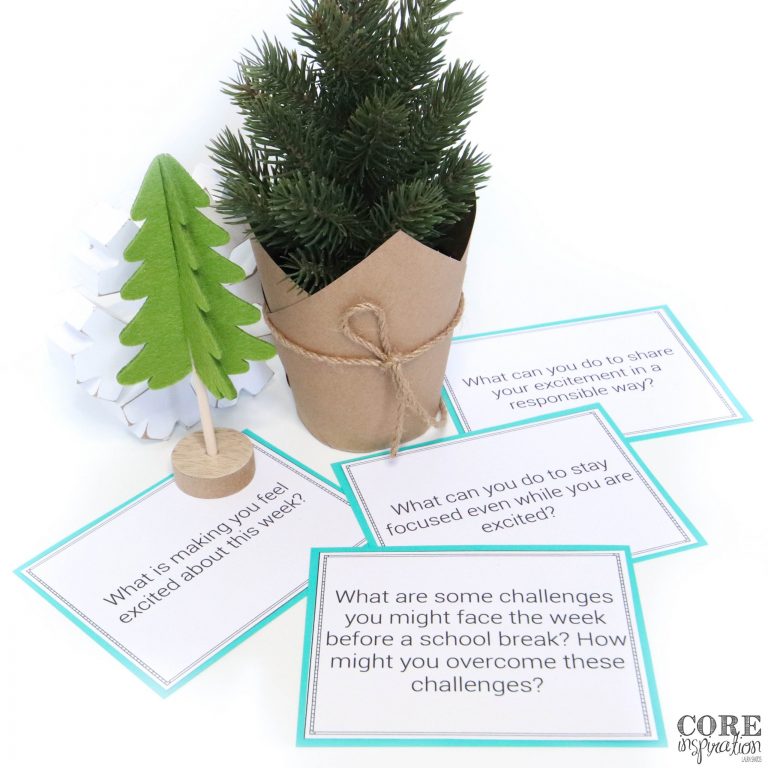
Have you ever noticed your students get a little more excited than usual during the days leading up to Halloween, Thanksgiving, and Christmas? Do I even need to ask? It’s inevitable really…and who can blame them? For many of your students, the weeks at the end of the calendar year are filled with special activities with family and friends, stores filled with holiday goodies, and commercials reminding us of the festivities to come. So, how do we channel that excited energy and continue with productive learning in the classroom? Here are a few of my favorite tips. Consistency is Key Stick to your consistent classroom schedule. During years when I’ve abandoned my regular schedule structure to try a theme day or to create longer blocks of time to work on a special project, I’ve found my students become overwhelmed and struggle to focus. With all the excitement and special activities
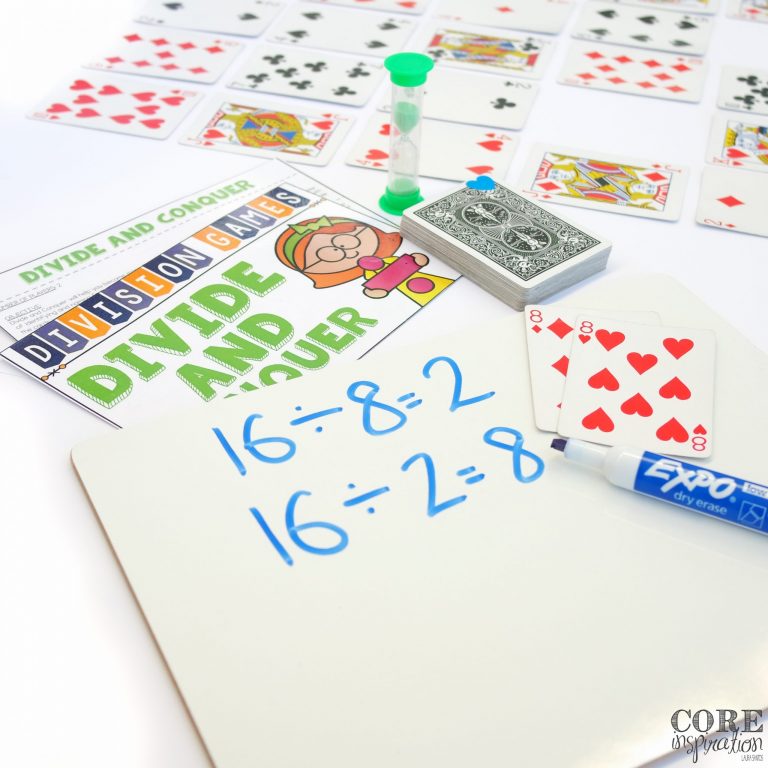
I’ll never forget the first time I tried incorporating games into my math block. It was my first year of teaching, and I had all the right intentions, but the execution was a total disaster. Sound familiar? My plan was to teach a math lesson to the whole class, and then have my students rotate to different activity centers: a center where they would meet with me, one where they’d play games, and one where they’d complete their seat work. It was essentially Math Workshop before I knew Math Workshop existed. After briefly introducing each center that morning, I taught a whole-class math lesson and sent everyone to their first math rotation. My students headed to their activities with excitement, and I sat down in front of the small group I planned to work with. What It Looked like when math games failed Within the first minute, confused stares turned toward me
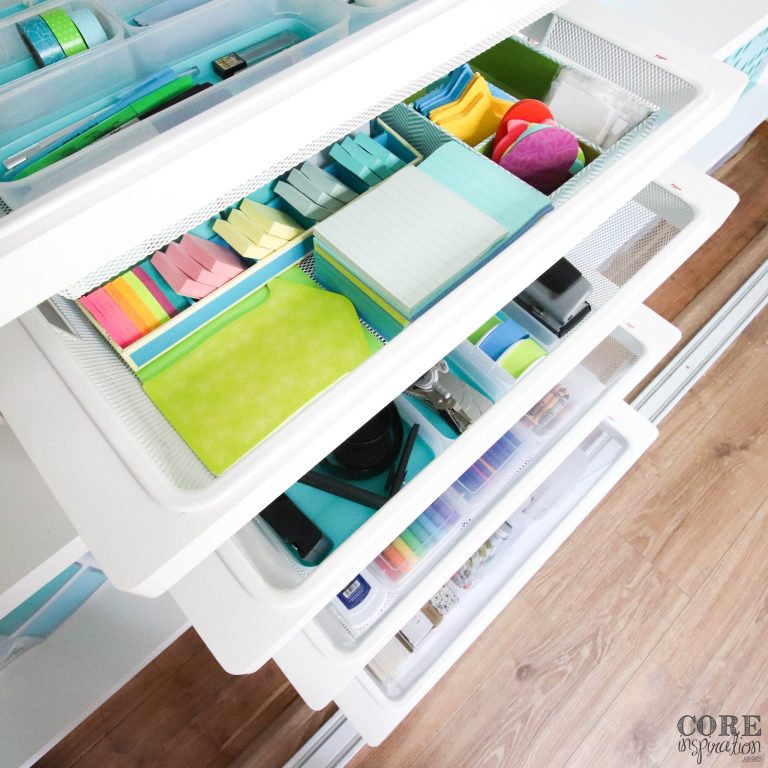
One of the first things you’ll notice when you walk into my classroom is how much I adore using organizational tools from The Container Store. I always save up to purchase a couple special items for my classroom each year from their amazing selection. Over the past ten years, I’ve been able to slowly-but-surely design a learning environment that meets my organizational dreams and helps students work as self-directed learners. That organized space is something I’ve been missing dearly since I’ve started working from home. A few weeks ago, I mustered up the courage to reach out to The Container Store and ask if they might be interested in collaborating to organize the classroom supplies that are now part of my home office. My love for their company multiplied when I quickly received an enthusiastic response from their team and we leapt into a very exciting work-from-home project designed to inspire
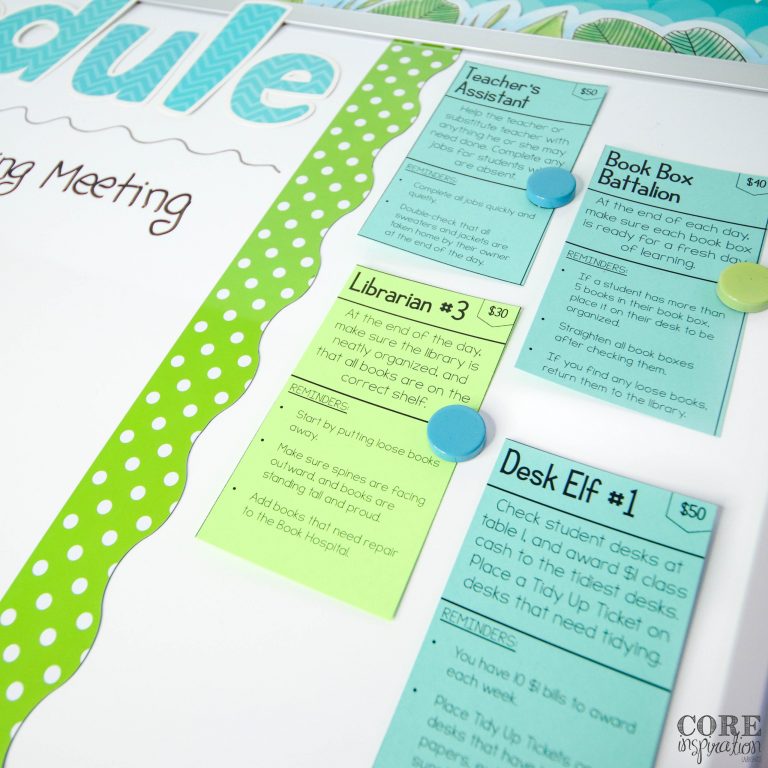
Creating an efficient learning environment that feels calm and easy to navigate so students can focus on learning is essential. Many teachers head into the start of a school year ready to welcome their students into a carefully-planned environment, but find themselves struggling to maintain that environment once the school year gets rolling. If this sounds familiar, then it is time to start leveraging the power of classroom jobs and interactive modeling. Classroom jobs are a fairly common classroom management tool, but they are not often used to their fullest potential. If you have class jobs but still regularly find yourself sitting in a disorganized or untidy classroom when your students head home, then it’s time to revamp the way you introduce those jobs by using interactive modeling. How to Use Interactive Modeling for Classroom Jobs Interactive modeling helps students understand the exact thinking and skills required for each job
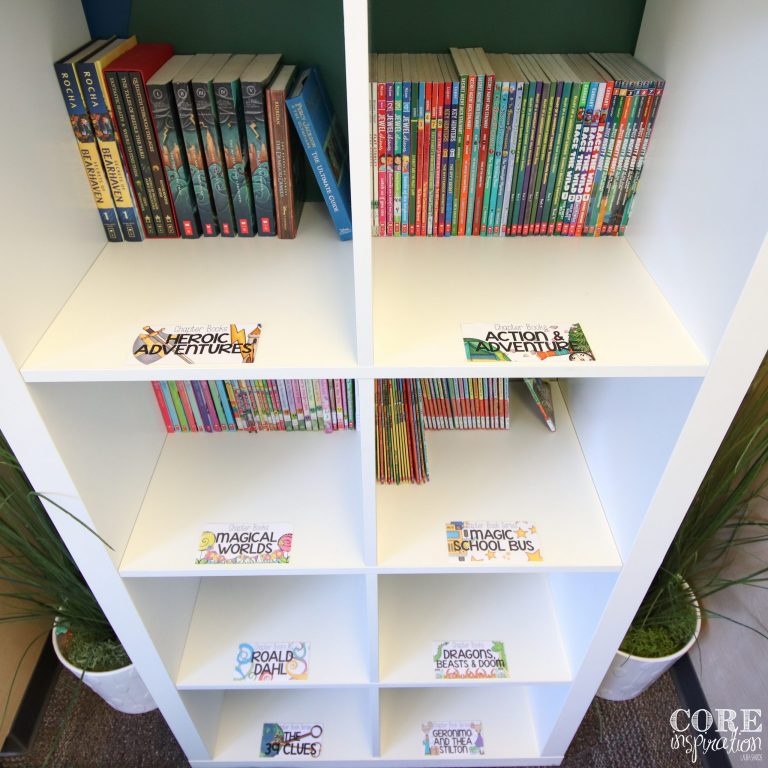
At this point, we have no idea what school will look like come fall or exactly how we’ll need to tweak our routines and expectations to ensure students stay safe and healthy if they return to the classroom. One thing that helps ease the feelings of uncertainty is to think of each space in your classroom and brainstorm ways to maintain the systems you’ve put in place as much as possible with modifications that will help students maintain social distance while at school. The classroom library is an excellent place to start because it requires thoughtful organization that can help to calm nervousness and anxiety, and takes you one step closer to being ready for whatever challenges back to school may bring. Whether you use the classroom library organization system I’ve shared on my blog, or have one you already love, here are three tips for keeping your classroom library up
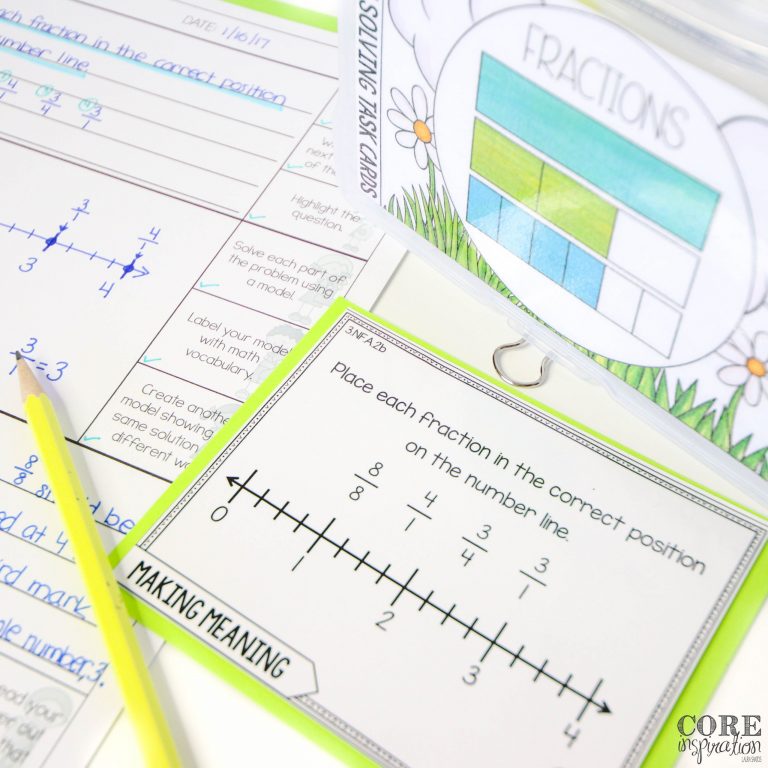
As you may know, problem solving task cards are one of my favorite learning tools for building students’ ability to solve complex word problems. Over the years, I’ve tried a few methods for keeping my task cards organized, and I wanted to take a moment to share those approaches with those of you who are looking for an efficient way for students to use task cards in your classroom. This post includes affiliate links for which I may make a small commission at no extra cost to you should you make a purchase. Keep in mind, organization systems are not one-size-fits-all, and you may need to try a couple of approaches to organizing your math problem solving tasks before you find the system that best fits the space you have available. You may also find the approach you use from one year to the next needs some tweaking, depending on
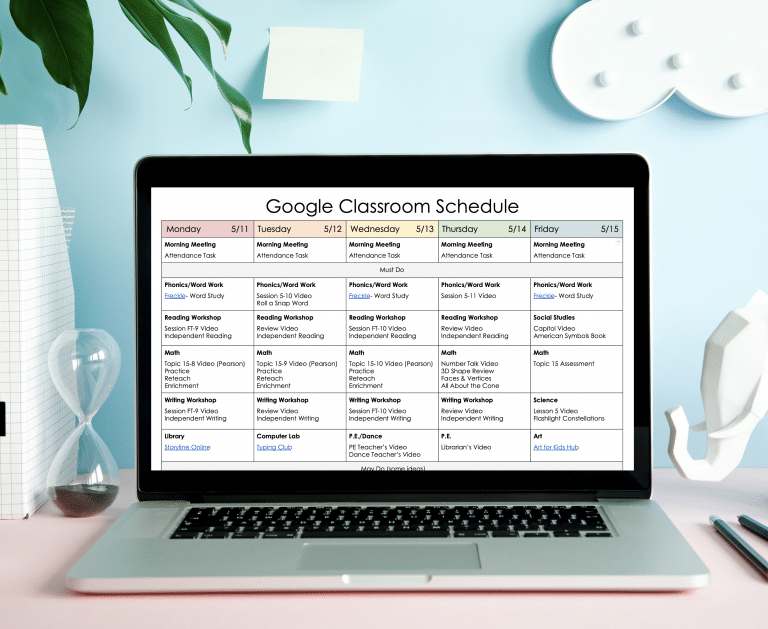
Communication overload is what a lot of teachers are feeling during their distance learning journey. The energy it takes to teach online is a totally different beast. Add in the parent communication demands that have been amplified by this new reality, and you may find yourself with a very empty tank at the end of each day. Many of you have reached out in search of advice on maintaining strong parent communication because you know the powerful impact it has on student participation and success while distance learning. Although I have suggestions on how best to tackle distance learning communication, I’m out on maternity leave and haven’t had the opportunity to test whether any of those ideas would actually be effective. So, I decided to turn to a colleague who is an absolute master of parent communication in the elementary classroom. She is admired by parents, teachers, and administrators at
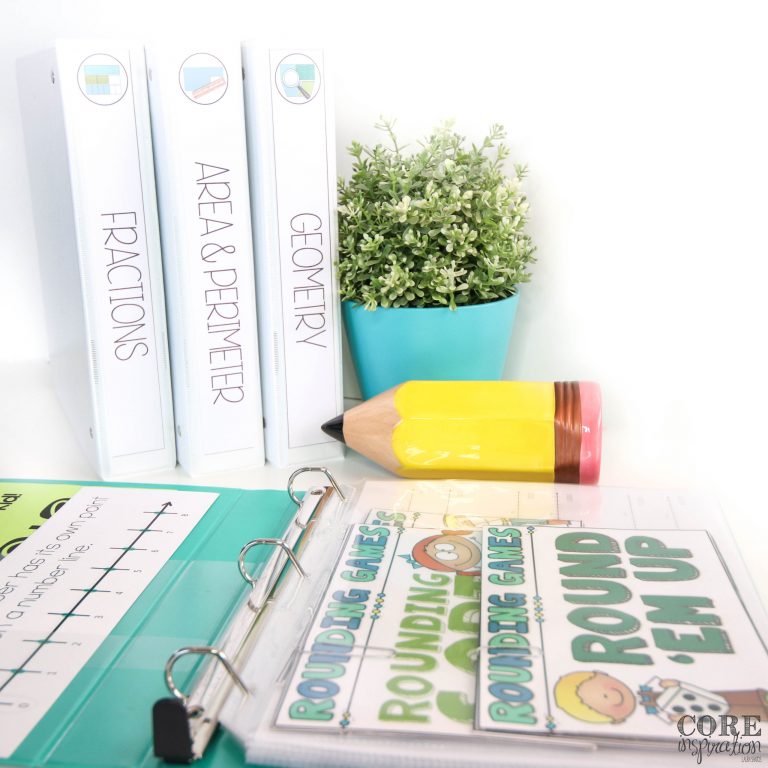
An organized classroom is a place where students can focus, feel appreciated, and navigate their learning environment with ease. Setting up organization systems that can be maintained by you and your students is essential to creating an organized space that lasts. This is especially true for spaces in your classroom that receive heavy use on a daily basis, or have many moving parts, like your math manipulatives and math games. This post includes affiliate links for which I may make a small commission at no extra cost to you should you make a purchase. Of course, organization systems are not one-size-fits-all, and you may need to try a couple of approaches to organizing your math games before you find the system that best fits the space you have available. To help inspire your organization mission, I’ve curated several ideas from teachers who messaged me on Instagram with pictures and descriptions
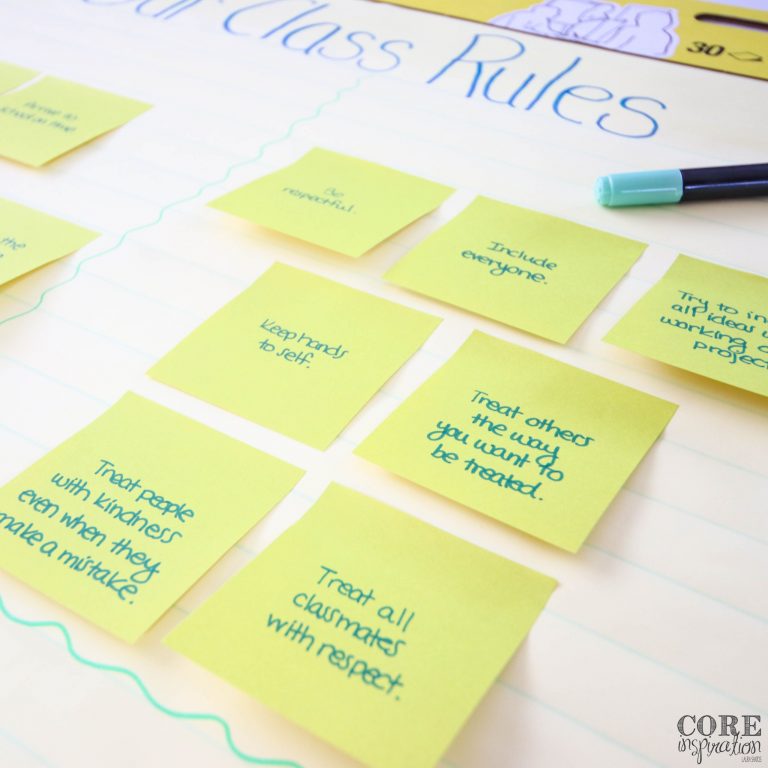
When students are part of the process of creating rules, they have a deeper understanding of them, feel a stronger connection to them, take ownership of them, and hold themselves to a higher standard for following those rules each day. This is why I take time at the beginning of each year to write rules with my students, rather than for my students. I also find great value in revisiting those rules and working together to tweak them throughout the year so a strong environment of respectful and responsible behavior is maintained. This is an idea I share often in Instagram stories, and one of the most common follow-up questions I am asked is, “How exactly do you create rules with your class?” This post includes affiliate links for which I may make a small commission at no extra cost to you should you make a purchase. Well, the answer
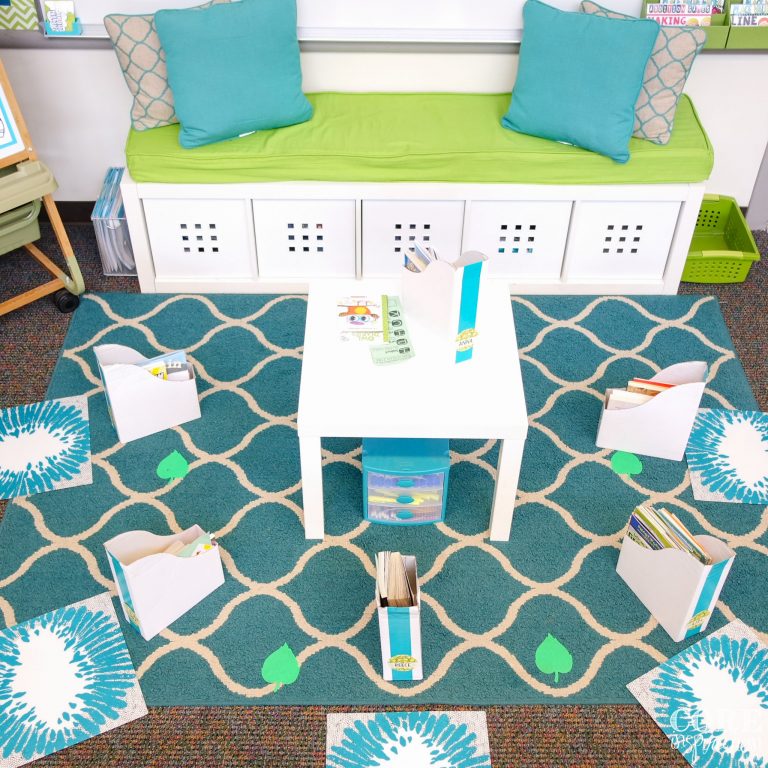
Originally posted: February 28, 2016 | Updated: February 20, 2020 About 60% of our second grade day is spent in small group instruction, and our reading block is one of the longest stretches of time when small group instruction is used. Although this teaching approach is highly targeted and differentiated, it is also intense to plan and deliver. Over the past few years, I have evolved from a teacher who dreaded small group instruction to one who fully embraces its undeniable benefits. The driving force behind this change is organization and the development of unique small group instruction management routines. Rather than dreading every small group transition and feeling exhausted with all the reminders about supplies and groupings I had to give during our reading block, I feel like this time of day is efficient and productive. The three tips below have helped make the management aspect of small group
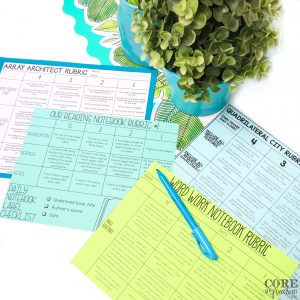
Learn how to use rubrics to help students set goals that lead to high-quality work and keep them engaged so they can make meaningful growth.
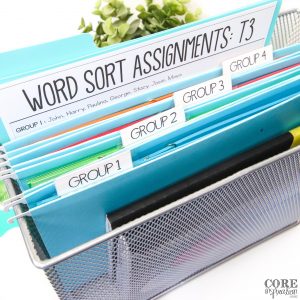
When Words Their Way is first introduced to you, it can feel a bit overwhelming. Wrapping your head around how to best organize and prep all the differentiated word sorts students will be working on from week to week takes a bit of trial and error. In hopes of saving
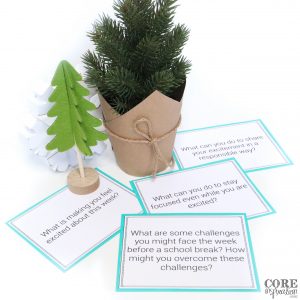
Have you ever noticed your students get a little more excited than usual during the days leading up to Halloween, Thanksgiving, and Christmas? Do I even need to ask? It’s inevitable really…and who can blame them? For many of your students, the weeks at the end of the calendar year
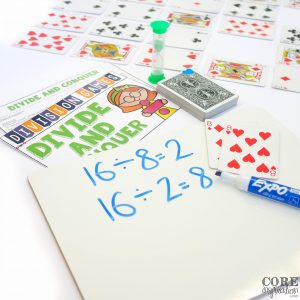
I’ll never forget the first time I tried incorporating games into my math block. It was my first year of teaching, and I had all the right intentions, but the execution was a total disaster. Sound familiar? My plan was to teach a math lesson to the whole class, and
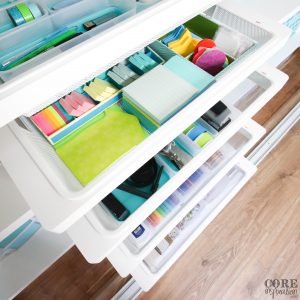
One of the first things you’ll notice when you walk into my classroom is how much I adore using organizational tools from The Container Store. I always save up to purchase a couple special items for my classroom each year from their amazing selection. Over the past ten years, I’ve
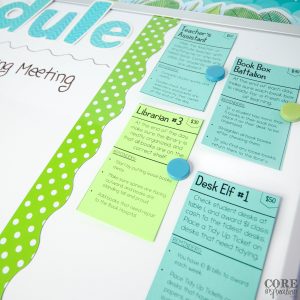
Creating an efficient learning environment that feels calm and easy to navigate so students can focus on learning is essential. Many teachers head into the start of a school year ready to welcome their students into a carefully-planned environment, but find themselves struggling to maintain that environment once the school
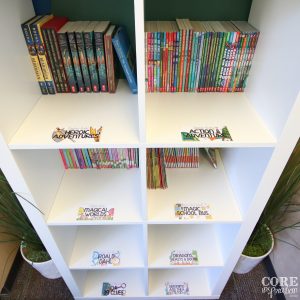
At this point, we have no idea what school will look like come fall or exactly how we’ll need to tweak our routines and expectations to ensure students stay safe and healthy if they return to the classroom. One thing that helps ease the feelings of uncertainty is to think
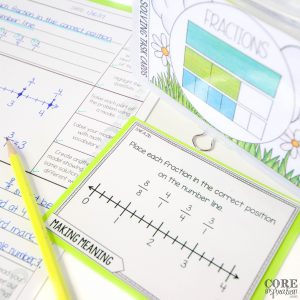
As you may know, problem solving task cards are one of my favorite learning tools for building students’ ability to solve complex word problems. Over the years, I’ve tried a few methods for keeping my task cards organized, and I wanted to take a moment to share those approaches with
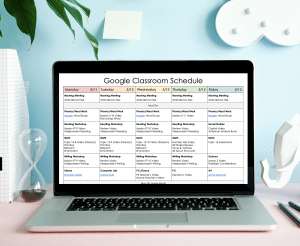
Communication overload is what a lot of teachers are feeling during their distance learning journey. The energy it takes to teach online is a totally different beast. Add in the parent communication demands that have been amplified by this new reality, and you may find yourself with a very empty
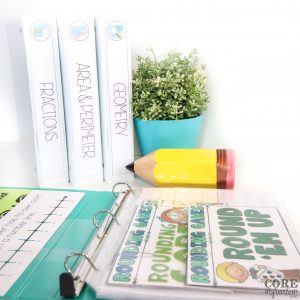
An organized classroom is a place where students can focus, feel appreciated, and navigate their learning environment with ease. Setting up organization systems that can be maintained by you and your students is essential to creating an organized space that lasts. This is especially true for spaces in your classroom
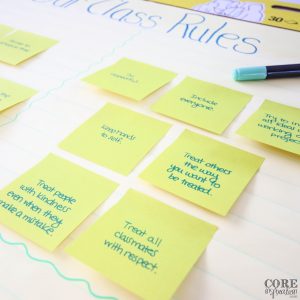
When students are part of the process of creating rules, they have a deeper understanding of them, feel a stronger connection to them, take ownership of them, and hold themselves to a higher standard for following those rules each day. This is why I take time at the beginning of
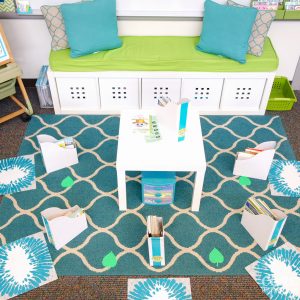
Originally posted: February 28, 2016 | Updated: February 20, 2020 About 60% of our second grade day is spent in small group instruction, and our reading block is one of the longest stretches of time when small group instruction is used. Although this teaching approach is highly targeted and differentiated,